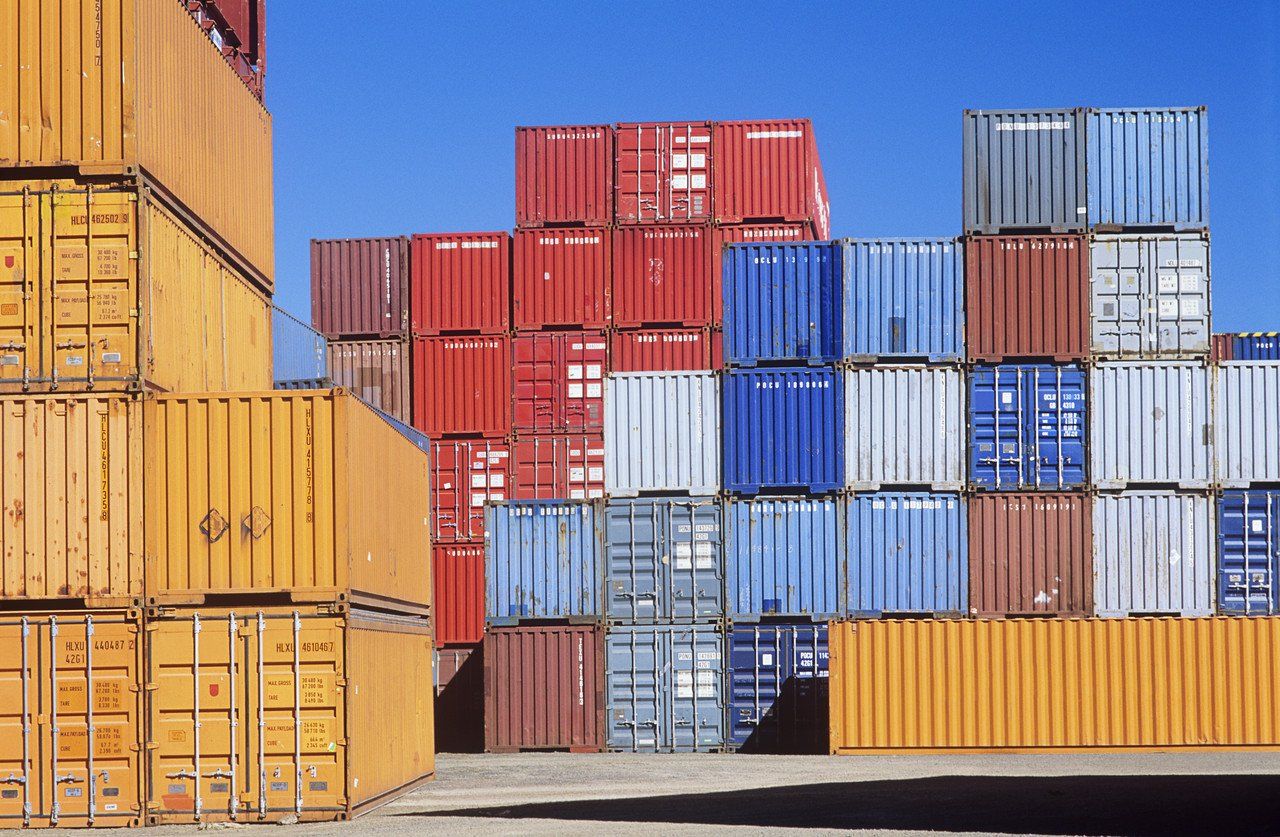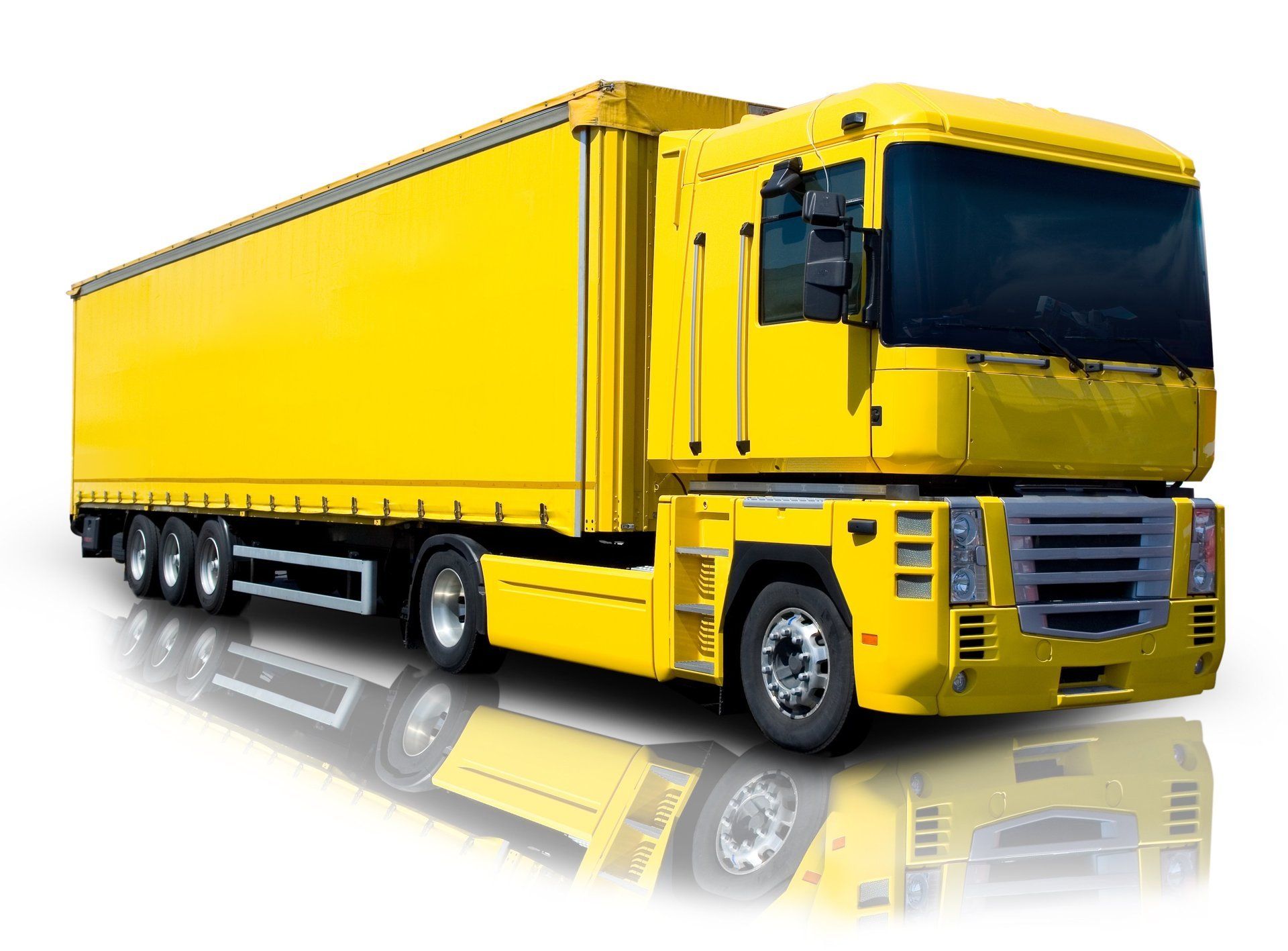China's Race to be a Tech Giant.
Gerard Whitlow • 27 January 2023
Will China win the race to be a tech giant?

China has been rapidly advancing in the technology
sector in recent years, with the government making significant investments in research and development, as well as promoting policies to support the growth of domestic tech companies. This has led to the emergence of several Chinese tech giants, such as Huawei, Tencent, and Alibaba, that have become major players in the global tech industry.
One of the key factors driving China's tech growth is the government's Made in China 2025 initiative, which aims to make the country a global leader in advanced manufacturing and technology by 2025. As part of this initiative, the government has invested heavily in areas such as artificial intelligence, 5G, and biotechnology. Additionally, the government has implemented policies to support domestic tech companies, such as providing subsidies and tax breaks, and protecting intellectual property rights.
China's tech giants have also been heavily investing in research and development, with companies like Huawei and Tencent dedicating a significant portion of their revenues to R&D. This has led to the development of cutting-edge technologies in areas such as 5G, artificial intelligence, and the internet of things. Chinese tech companies have also been expanding globally, with companies like Huawei and Xiaomi becoming major players in the global smartphone market.
In recent years, China has also been working to establish itself as a leader in the field of artificial intelligence. The country has made significant investments in AI research and development, and has established itself as a major player in the global AI market. Chinese tech companies like Baidu, Tencent, and Alibaba have been investing heavily in AI, and have developed cutting-edge technologies in areas such as natural language processing, computer vision, and autonomous vehicles. Additionally, the Chinese government has been promoting policies to support the development of the AI industry, such as providing funding for research and development and offering tax breaks for companies that invest in AI.
While China's tech industry has made significant strides in recent years, there are still challenges that need to be addressed. One major challenge is the lack of innovation in certain areas, as many Chinese tech companies have been criticized for being copycats of foreign companies. Additionally, there are concerns about the Chinese government's control over the tech industry, with some critics arguing that the government's heavy-handed approach could stifle innovation.
In conclusion, China has been making significant strides in the technology sector in recent years, with the government investing heavily in research and development and promoting policies to support domestic tech companies. As a result, several Chinese tech giants have emerged and become major players in the global tech industry. However, there are still challenges that need to be addressed, such as the lack of innovation and concerns about government control over the tech industry. Despite these challenges, it's clear that China is positioning itself as a major player in the global technology landscape and will continue to be one of the key players in the tech industry for years to come.
One of the key factors driving China's tech growth is the government's Made in China 2025 initiative, which aims to make the country a global leader in advanced manufacturing and technology by 2025. As part of this initiative, the government has invested heavily in areas such as artificial intelligence, 5G, and biotechnology. Additionally, the government has implemented policies to support domestic tech companies, such as providing subsidies and tax breaks, and protecting intellectual property rights.
China's tech giants have also been heavily investing in research and development, with companies like Huawei and Tencent dedicating a significant portion of their revenues to R&D. This has led to the development of cutting-edge technologies in areas such as 5G, artificial intelligence, and the internet of things. Chinese tech companies have also been expanding globally, with companies like Huawei and Xiaomi becoming major players in the global smartphone market.
In recent years, China has also been working to establish itself as a leader in the field of artificial intelligence. The country has made significant investments in AI research and development, and has established itself as a major player in the global AI market. Chinese tech companies like Baidu, Tencent, and Alibaba have been investing heavily in AI, and have developed cutting-edge technologies in areas such as natural language processing, computer vision, and autonomous vehicles. Additionally, the Chinese government has been promoting policies to support the development of the AI industry, such as providing funding for research and development and offering tax breaks for companies that invest in AI.
While China's tech industry has made significant strides in recent years, there are still challenges that need to be addressed. One major challenge is the lack of innovation in certain areas, as many Chinese tech companies have been criticized for being copycats of foreign companies. Additionally, there are concerns about the Chinese government's control over the tech industry, with some critics arguing that the government's heavy-handed approach could stifle innovation.
In conclusion, China has been making significant strides in the technology sector in recent years, with the government investing heavily in research and development and promoting policies to support domestic tech companies. As a result, several Chinese tech giants have emerged and become major players in the global tech industry. However, there are still challenges that need to be addressed, such as the lack of innovation and concerns about government control over the tech industry. Despite these challenges, it's clear that China is positioning itself as a major player in the global technology landscape and will continue to be one of the key players in the tech industry for years to come.

1. A Sharp Export Slowdown & Factory Stress Despite some front-loading of orders, Chinese customs data reveal a 25 % drop in Sino‑U.S. trade volume in H1 2025; exports to the U.S. tumbled roughly 30 %. Reuters confirms that in May 2025, factory output slowed to a six‑month low of 5.8 % growth, down from 6.1 % in April—a slump linked directly to heightened tariff pressure. Labor-intensive sectors such as textiles, furniture, toys, and electronics have been hit hardest. In Guangdong’s Pearl River Delta, many SMEs saw profit margins compress to 3–5 %, with some shifting 20–30 % of their capacity to Vietnam or Indonesia. As a result, local unemployment could rise from around 3.8 % to 5.2 % by late 2025. 2. Surge in Domestic Consumption and Adjustment In response, Beijing has pivoted to stimulate internal demand. May retail sales rose by 6.4 % year‑on‑year—an uptick boosted by trade-in programmes and the “618” online shopping festival. State-led investments and subsidies are active, but analysts caution that real estate weakness, low consumer confidence, and slow investment (up just 3.7 %) could constrain sustainable growth.China is also accelerating its “dual circulation” strategy—reducing foreign reliance while expanding ties with ASEAN, the EU, and Belt and Road partners. 3. Currency Devaluation & Financial Pressure To offset trade headwinds, the Chinese yuan has been allowed to depreciate—falling to a post‑2007 low around 7.35 per dollar. Depreciation supports export competitiveness but triggers capital flight and heightened volatility. Hong Kong tech stocks, like Alibaba and Tencent, saw $120 billion wiped off in response to tightening and outflows of northbound funds. 4. Growth Cuts & Forecast Warnings Major financial institutions have downgraded their growth forecasts. Goldman Sachs now estimates China’s GDP at around 4 % in 2025 (down from 4.5 %), citing tariff impacts as a key drag. The EIU suggests a scenario where extended tariffs could reduce growth by 0.6 percentage points between 2025‑27, with deeper cuts if tariffs intensify. 5. Global Supply Chain Reconfiguration Multinationals are moving production out of China—28 % of electronics and 40 % of auto supply capacity have shifted to Vietnam, Malaysia, Mexico over the past year. This fragmentation of value chains reduces China’s export dominance, though rerouting creates its own complexity and cost pressure. Outlook – What Comes Next? China’s economic resilience has been reinforced through fiscal stimulus, retail consumption, and strategic pivoting to new markets. While domestic indicators show pockets of strength, the underlying structural damage—manufacturing decline, capital outflows, real estate fragility, and delayed investment—remain pressing concerns. For China to hit its 5 % GDP target in 2025, sustained governmental intervention and global market access are essential. The next 12 months will test how effectively China can leverage stimulus, trade diplomacy, and diversification to buffer against persistent tariff pressures. Overall, Trump’s tariff blitz has undeniably squeezed China’s export-driven economy, accelerated supply-chain shifts, and prompted monetary adjustments. But China’s policy toolkit—ranging from stimulus to strategic realignment—has provided some cushion. Still, longer-term growth risks loom unless bilateral trade stabilizes. .

China has long been known as the " factory of the world ," producing a wide range of goods for global consumption. However, in recent years, there have been growing concerns about whether or not China will be able to maintain its status as the world's top manufacturing hub. One of the main reasons for this is the rising labor costs in China. As the Chinese economy continues to grow, wages for Chinese workers have been increasing. This has led to higher production costs for manufacturers in China, making it less attractive for companies to produce their goods there. Additionally, the Chinese government's recent push to upgrade its manufacturing sector towards higher value-added and automation-driven industries, means that many low-skilled labor-intensive manufacturing jobs have been replaced by robots and AI. Another reason for the potential decline of China's status as the factory of the world is the ongoing trade tensions between China and the United States. The Trump administration's tariffs on Chinese goods have made it more expensive for American companies to import from China, leading many to look for alternative manufacturing locations. Furthermore, the ongoing COVID-19 pandemic has disrupted global supply chains, making it more difficult for companies to rely on just one country for their manufacturing needs. However, it's important to note that China still has some advantages that will be hard to replicate. China has a large domestic market and a huge pool of talented and skilled workers. China has also invested heavily in infrastructure, making it easier for companies to transport goods around the country. Additionally, the Chinese government's " Made in China 2025 " plan, which aims to make China a global leader in high-tech industries, could help the country maintain its status as a leading manufacturing hub. While there are certainly challenges facing China's manufacturing sector, it's important to remember that the country has a long history of adapting and overcoming obstacles. For example, in the past, China has successfully transitioned from low-skilled labor-intensive manufacturing to higher-skilled manufacturing. It's possible that China will continue to evolve and find ways to maintain its status as the factory of the world. In conclusion, while China's status as the factory of the world may be challenged by rising labor costs, trade tensions, and the ongoing pandemic, it's not certain that China will lose its status as the world's top manufacturing hub. China has many advantages that are hard to replicate, such as a large domestic market and a pool of skilled workers, and the Chinese government is working to make the country a global leader in high-tech industries. Only time will tell how China's manufacturing sector will evolve, but it's important to remember that China has a history of adapting and overcoming obstacles.



